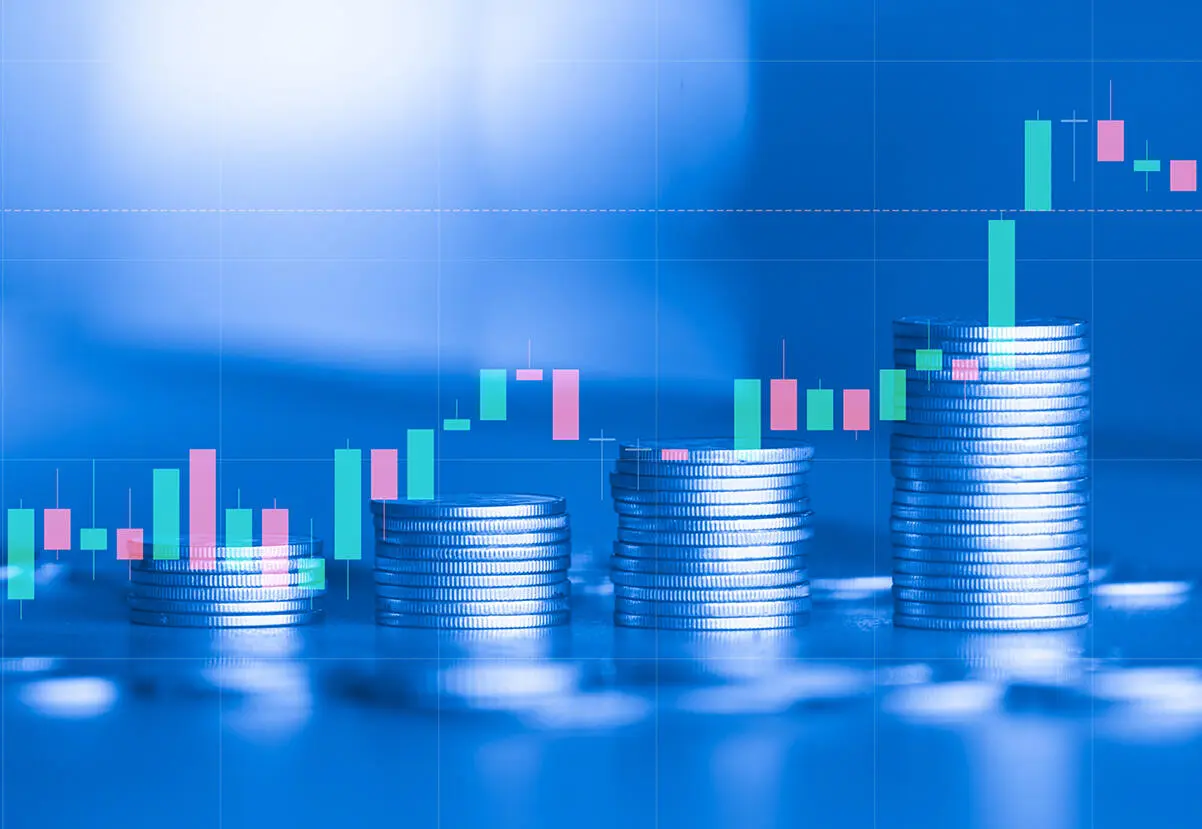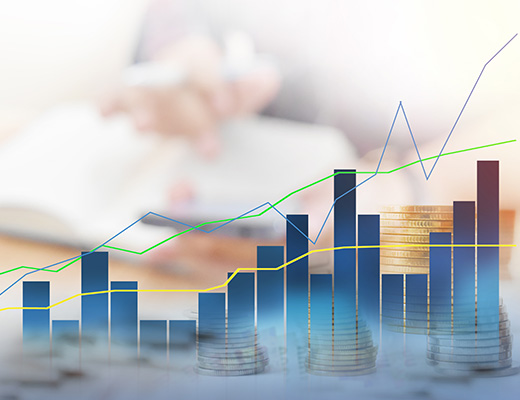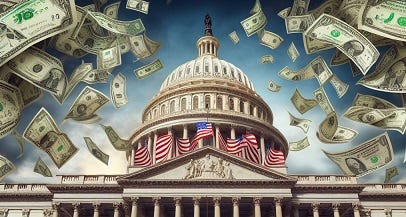

Stock buybacks, also known as share repurchases, have become a central financial strategy for U.S. corporations. By repurchasing their own shares from the market, companies reduce the number of outstanding shares, often boosting stock prices. While buybacks can increase shareholder value, concerns have risen over their impact on corporate investments, wages, and long-term economic growth.
Why Do Companies Engage in Stock Buybacks?Stock buybacks are often implemented for several reasons:
Over the past decade, stock buybacks have surged across various industries. In alone, S&P companies spent over $billion on share repurchases, a figure expected to grow in 2025. The trend has been driven by corporate tax cuts, favorable interest rates, and strong earnings performance.
Impact on Corporate InvestmentsWhile stock buybacks provide short-term gains, their long-term economic effects remain debated.
Positive Effects: Enhanced Shareholder Value: Investors benefit from higher stock prices and improved financial performance. Efficient Capital Allocation: Companies can focus on core growth areas instead of holding excess cash. Flexibility: Unlike dividends, buybacks are discretionary and can be adjusted based on market conditions.
Negative Effects: ❌ Reduced Capital for Innovation: Critics argue that companies prioritize buybacks over research and development (R&D), limiting future growth. ❌ Lower Employee Compensation: Some suggest that funds used for buybacks could instead be directed toward wage increases or hiring. ❌ Economic Inequality: Buybacks tend to benefit institutional investors and executives rather than the broader economy.
Regulatory Scrutiny and Policy ChangesAmid growing concerns, lawmakers have proposed new regulations on stock buybacks. In 2023, the Inflation Reduction Act introduced a 1% tax on stock repurchases, aiming to curb excessive buybacks and encourage corporate reinvestment. Further policy changes in may include stricter reporting requirements and incentives for companies to allocate funds toward innovation and job creation.
The Future of Stock Buybacks in the U.S.As economic conditions evolve, corporations will need to balance buybacks with strategic investments. While repurchases will likely remain a key financial tool, increasing scrutiny may push companies toward greater investment in technology, infrastructure, and workforce development.
Swipe. Select. Stay informed.


Recent corporate tax reforms in the U.S. are reshaping business strategies, investment decisions, and economic growth. Companies are adapting to changes in tax rates, deductions, and compliance requirements, influencing the broader economy
As inflation remains a key challenge in 2025, U.S. businesses are adapting their strategies to manage rising costs. From increasing operational efficiency to adjusting pricing models, companies are taking proactive steps to remain competitive while protecting their margins
Despite ongoing economic challenges, tech companies continue to lead the investment scene. Investors are drawn to the innovation, scalability, and long-term growth potential that the sector offers, positioning it as a top choice even during periods of economic uncertainty
Despite economic challenges, mergers and acquisitions (M&As) in the U.S. business sector have surged. Companies are leveraging strategic deals to enhance market presence, expand operations, and drive growth in a volatile economic landscape



U.S. Investment Policies and Economic Growth

U.S. Investment Policies and Global Impact

How U.S. Government Policies Influence Investment Approaches

A Guide to Understanding U.S. Investment Policies for Business Growth